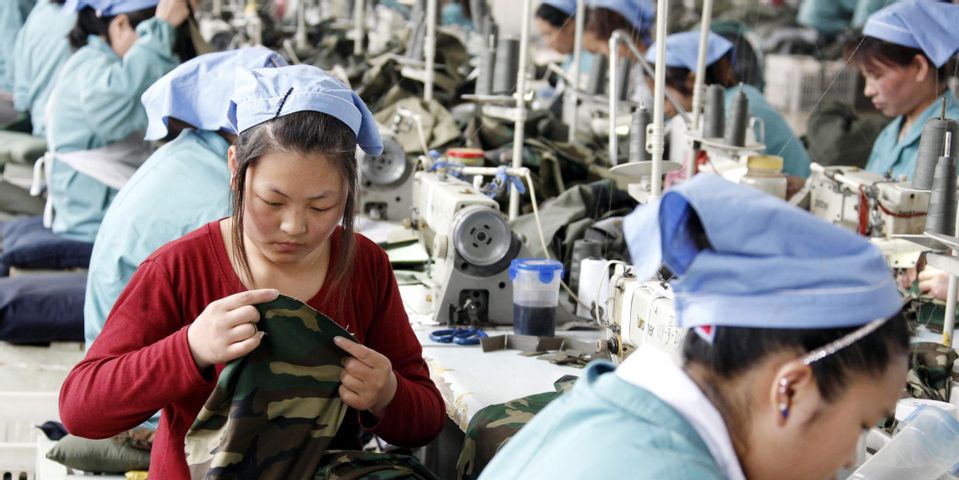
In the American clothing industry—and elsewhere around the globe—appreciation for long-lasting and sustainable garments has been compromised by the emerging influence of fast fashion. While this apparel can deliver stylish looks without breaking budgets, the production methods behind the industry present many negative consequences for both humankind and the planet. If you love to shop, here are a few frequently asked questions about fast fashion that you should know—and why you should consider other clothing options.
4 Fast Fashion FAQ
What is fast fashion?
Fast fashion is a blanket term used to describe clothing that’s quickly manufactured so that consumers can easily purchase the latest styles. These products are typically crafted from synthetic fibers, which reduce production costs and make apparel more affordable for the end consumer.
Are fast-fashion pieces durable?
The main draw behind fast fashion is that it isn’t made for long-term use. Due to poor quality control during manufacturing and the use of inexpensive synthetic fibers, these products can quickly lose their shape, rip, and fade. Consumers also find that fast production methods contribute to inconsistent sizing, which can make pieces less inviting to wear while urging them to go out and buy new fast-fashion pieces.
What are the environmental dangers of fast fashion?
 Environmental hazards are among the biggest risks of fast fashion. While sustainable products—such as those made from vintage textiles—can provide a long service life with minimal pollution dangers, fast fashion is the opposite.
Environmental hazards are among the biggest risks of fast fashion. While sustainable products—such as those made from vintage textiles—can provide a long service life with minimal pollution dangers, fast fashion is the opposite.
Given the low quality of construction, these pieces tend to get disposed of more frequently than other types of clothing. Unfortunately, many of the materials used to make these items aren’t recyclable. Once they end up in landfills, the synthetic fibers won’t fully break down, leading to extensive pollution that’s harmful to both human and animal life.
Production facilities—such as overseas factories—may also not need to follow the same environmental regulations that American clothing producers must comply with. As a result, these manufacturers are often responsible for excessive waste and carbon emissions.
Are workers treated fairly?
Fast-fashion brands produce in countries that tend to have poor worker protection laws. This lack of regulation can make it more cost-effective to produce apparel. However, the effects on workers can be harsh.
For example, many fast-fashion employees are exposed to unsafe conditions and must work long hours, all without receiving a fair wage or benefits.
Recognizing the dangers behind the growing trend of fast fashion, Amclex strives to deliver sustainable solutions that support global development and environmental protection. Based in Miami, FL, this American clothing exchange collects all types of clothing to repurpose and distribute in other countries at a low cost. Through their efforts, this veteran-owned organization is helping disadvantaged communities gain access to reliable clothing for a low cost while keeping waste out of landfills. To learn more about their services and how you can help through collaboration or textile donations, visit this upcycled clothing center online or call (305) 634-1757.
About the Business
Have a question? Ask the experts!
Send your question

